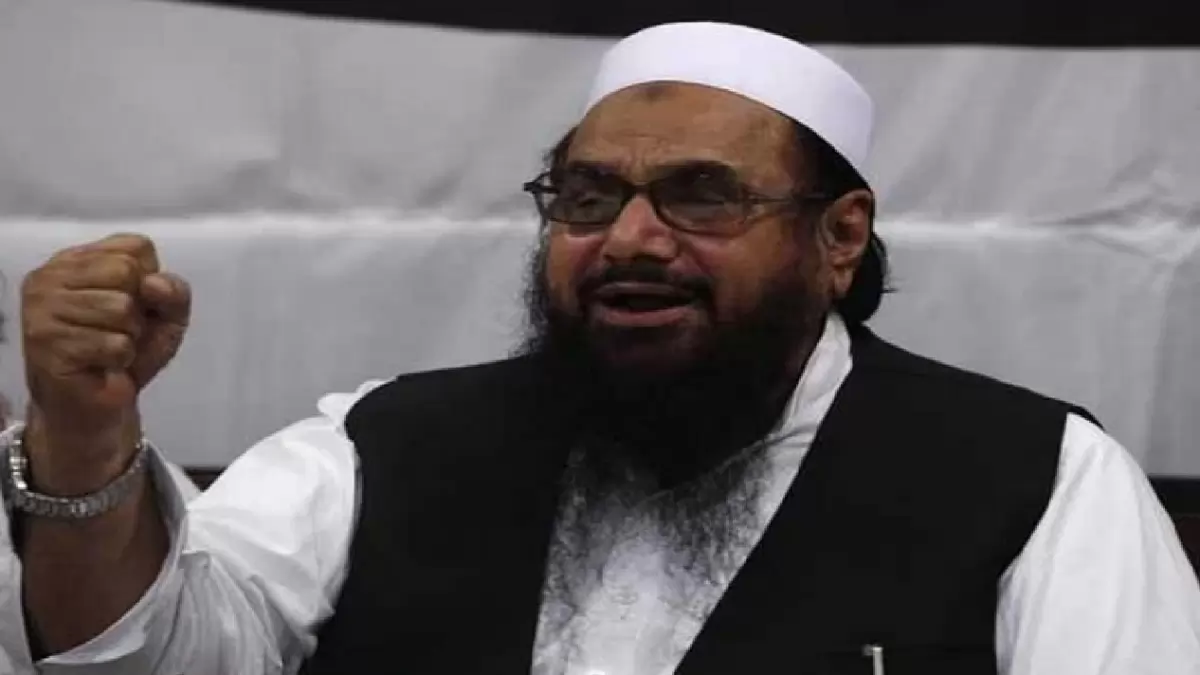
ANI
New Delhi: The Ministry of External Affairs (MEA) expressed deep concern over the normalisation of "radical elements" in Pakistan, asserting that it is not a new development but a longstanding aspect of Islamabad's state policy. The involvement of a political party backed by Hafiz Saeed, mastermind of the 26/11 attacks, in upcoming elections is deemed to have "serious security implications" for the region.
MEA spokesperson Arindam Bagchi addressed the issue during the weekly briefing, stating that while it is an internal affair of Pakistan, the mainstreaming of radical outfits is a matter of concern. Bagchi emphasised that India closely monitors such developments due to their potential impact on national security.
In a controversial move, the Pakistan Markazi Muslim League (PMML), founded by Hafiz Saeed, has nominated candidates for every national and provincial assembly constituency in the upcoming general elections scheduled for February 8, 2024. Hafiz Saeed's son, Talha Saeed, is also set to contest the polls.
Hafiz Saeed, a UN-proscribed terrorist and founder of Lashkar-e-Taiba (LeT), orchestrated the infamous 26/11 attacks in Mumbai. Despite being sentenced to 33 years in jail in April 2022 for "financing terrorism," concerns persist as he leads a political entity. India has formally requested Pakistan's cooperation in the extradition of Hafiz Saeed for trial.
Designated as a terrorist by the United Nations Security Council in December 2008, Hafiz Saeed has evaded charges and extradition for nearly two decades. India has conveyed its extradition request, supported by relevant documents, urging Pakistan to take appropriate action.
The move by PMML has drawn international criticism, with India's concerns echoing broader worries about the normalisation of radical elements in Pakistani politics. The unfolding situation remains under close observation, reflecting the heightened sensitivity to regional security implications.





Copyright © 2025 Top Indian News
